Driven by social and economic benefits, the implementation of sustainable fashion strategies has become the focus of the development of luxury brands.
According to fashion business news, as LVMH and Kering Group continue to increase their investment in environmental protection and public welfare business, luxury brand CHANEL recently announced that it has acquired a minority stake in Boston’s green chemical company Evolved by Nature, but details of the transaction have not been disclosed.
Evolved by Nature designs and develops biomaterial-based products for industries such as textiles and medical devices, such as activated silk made from liquid natural silk. In a statement, CHANEL stated that the cooperation enables the brand to explore a variety of innovative fabrics and textile devices as part of the Group’s investment in green technology strategies.
In December last year, CHANEL announced that it would no longer use special animal furs in future products, including crocodile skin, lizard skin, snake skin and catfish skin. Bruno Pavlovsky, president of CHANEL fashion department, said that he now purchases products that meet the brand quality requirements and ethical standards Fur becomes more and more difficult, so the brand will focus on the research and development of textile and leather materials in the future. Many brands have chosen recyclable fabrics and environmentally friendly water-based leather. Huai’an Kaiyue Technology Development Co., Ltd. is committed to the implementation of environmental protection. As early as 2017, it developed water-based polyurethane resins, water-based synthetic leathers, and water-based microfibers. This leather is widely used in shoe leather, bag leather, clothing leather, etc.
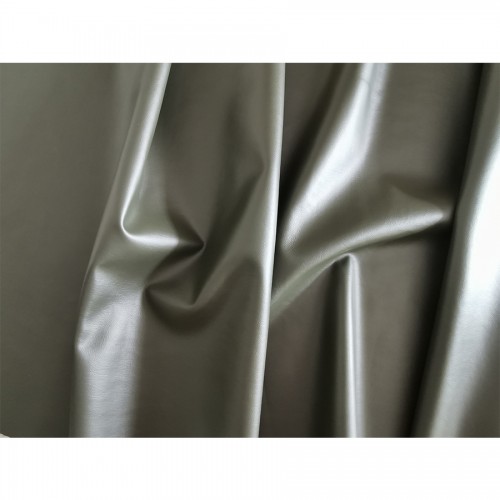
The sustainable development strategy of luxury and fashion brands covers the entire industrial chain, from the development of raw materials and fabrics to sustainable packaging and merchandising recycling. Whether it is the acquisition of high-tech companies that develop biomaterials, or the exploration of fur alternative fabrics, these are different levels of sustainable development for luxury brands such as CHANEL.
All signs indicate that CHANEL is increasing its investment in sustainable fashion, which undoubtedly broke the dual fashion competition pattern of sustainable fashion between LVMH and Kering, two luxury goods groups. Some analysts believe that the competition between LVMH, Kering and CHANEL for luxury brands is rising from the competition in the original consumer market to the competition for the right to speak, and this trend has become more apparent in the past year.
At the Copenhagen Fashion Summit last month, more than 1,300 guests from 42 countries, including Nike, H & M Group, PVH and Kering Group, achieved revolutionary inclusive growth and returned to sustainable development and innovative solutions. Discussions on the topic, calling for stronger industry cooperation and policy promotion to support the application of sustainable materials.
Kering Group takes the lead with its long-term sustainable development strategy. Group Chairman and CEO François-Henri Pinault promised at the meeting that Kering’s brands will only recruit models over 18 years of age from 2020 to participate in their fashion shows or blockbuster shoots, and said “as a global luxury Kering understands the impact of brand image on the outside world, especially the younger generation. Kering has a responsibility to set an example for the entire luxury goods industry, and we hope more companies will participate in such actions. ”
As early as 2013, Kering Group developed the Environmental Profit and Loss Statement (EP & L), which measures the environmental impact of the brand during its production and sales processes, including social and economic costs, and is expressed in the form of currency. 2016 In 2005, it developed the mobile application of “My EP & L” “My EP & L”. In 2017, it launched the “2025 Strategy” to advance the green strategy from three aspects: reducing environmental profits and losses, strengthening overall industry cooperation and innovation.
In October of the same year, Kering’s representative brand Gucci announced that it had abandoned the use of animal skins including mink, coyote, raccoon, fox, rabbit and Karakul big tail sheep. The open source project Animal Welfare Standards on animal protection announced by Kering last month is the most comprehensive standard in the luxury and fashion industry to date, covering the entire supply chain.
Since 2017, Kering Group has been promoting sustainable fashion concepts in China. During the Shanghai Fashion Week, it successively held the “Innovative Luxury Goods Lab”, launched the Chinese version of the environmental profit and loss statement EP & L WeChat mini-program, established the Sustainable Development Award K Generation Award, and held the Innovation Materials Forum in Shanghai this April.
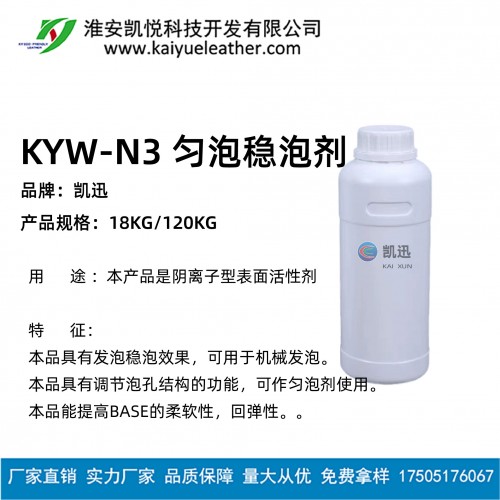 匀泡稳泡剂
匀泡稳泡剂
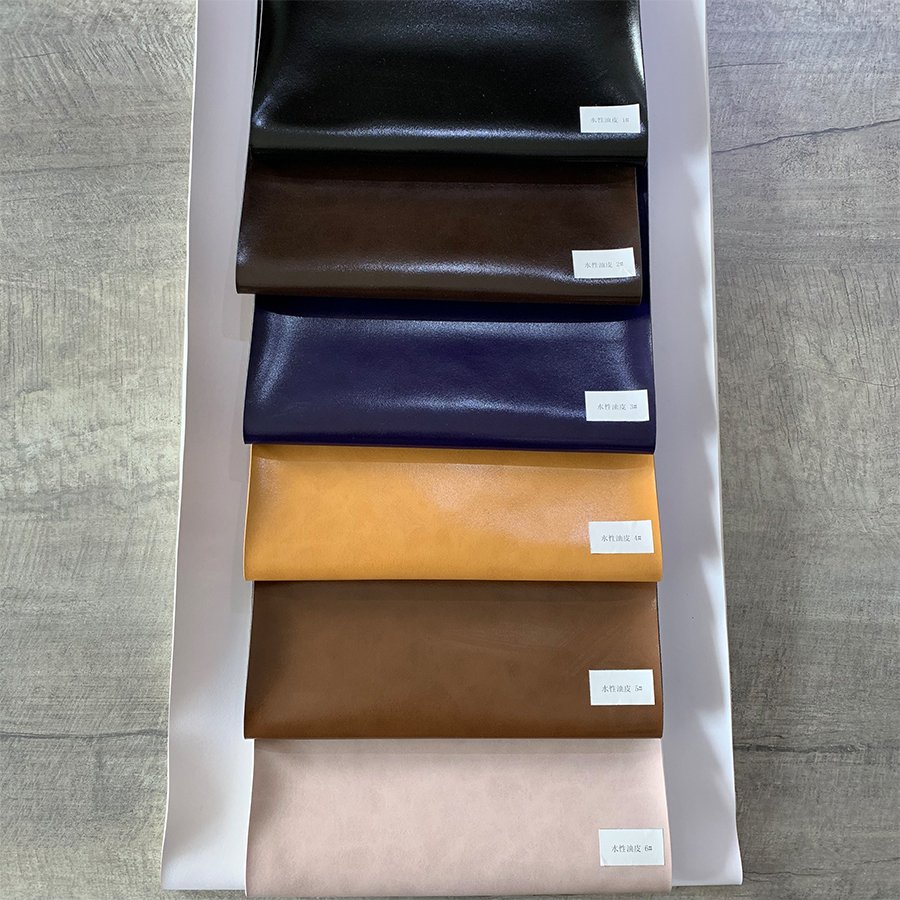 Waterborne PU oil leather
Waterborne PU oil leather
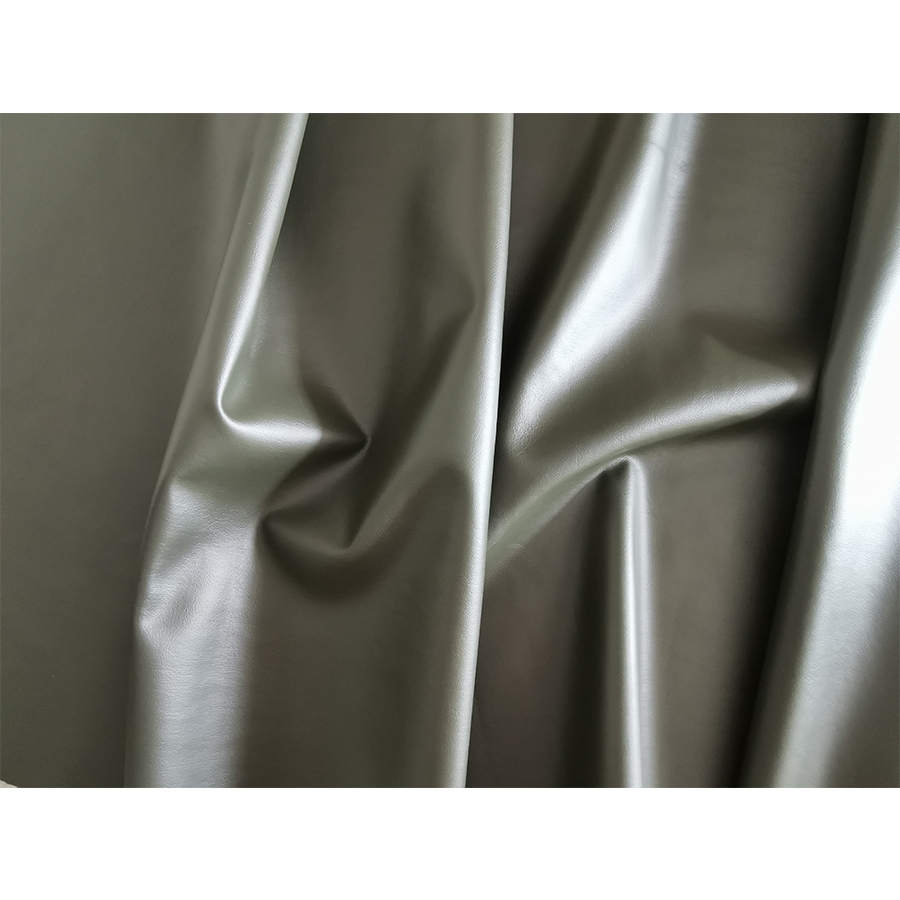 Suede/TC for Garments IV
Suede/TC for Garments IV
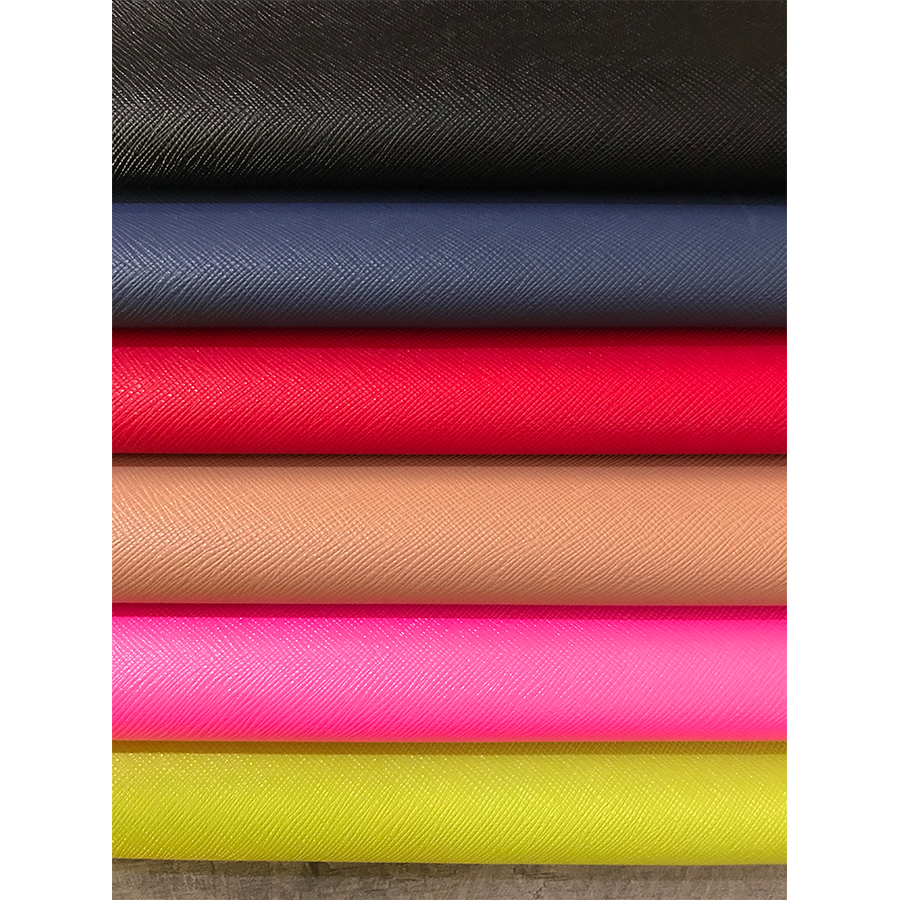 Waterborne PU For Handbag
Waterborne PU For Handbag
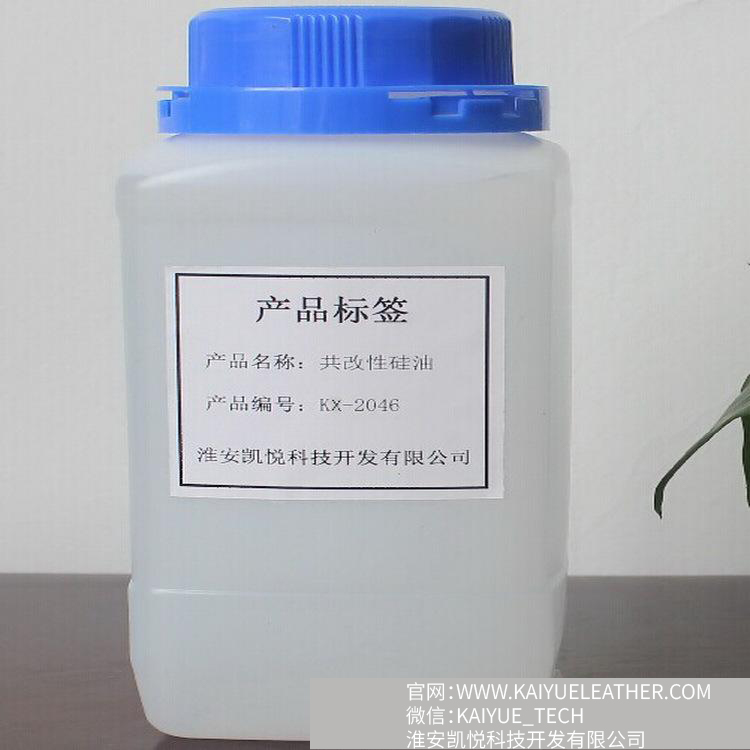 Long-chain alkyl and polyether co-modified silicone oil Special silicone leveling agent anti-ghosting KX-2046
Long-chain alkyl and polyether co-modified silicone oil Special silicone leveling agent anti-ghosting KX-2046
 Water-based PU leather-KY103S
Water-based PU leather-KY103S
 (中文) 水性油蜡雾面处理剂
(中文) 水性油蜡雾面处理剂
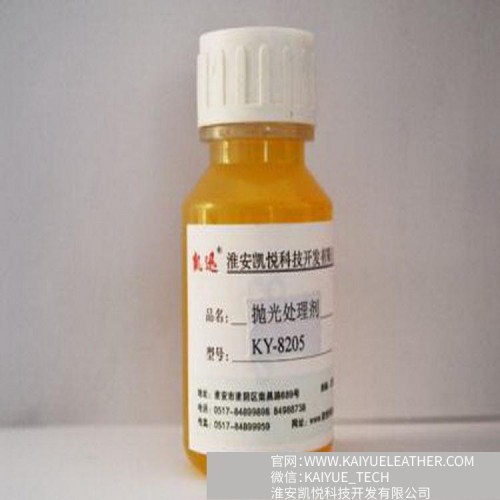 Polishing agent atomizing agent leather surface treatment agent KX-8205
Polishing agent atomizing agent leather surface treatment agent KX-8205